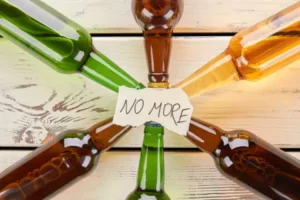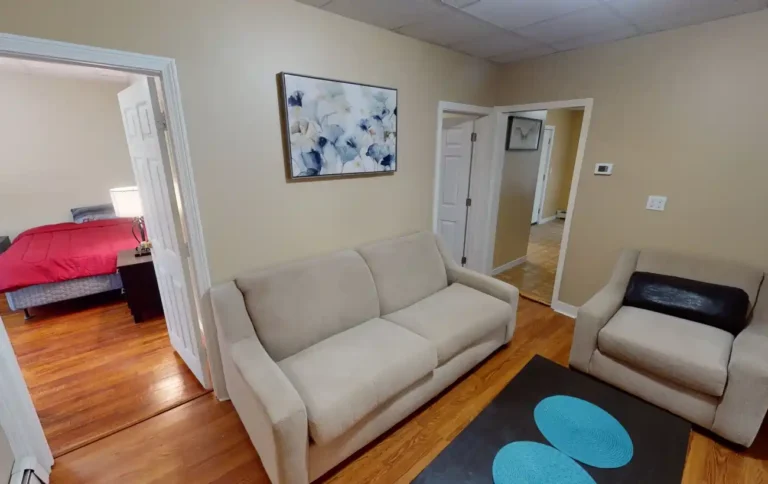
You’ll be surprised how many people your story moves, once you get the chance to do so. Telling your story means that you finally find your voice amidst everything that happened to you. You don’t just inspire others with your story, but you empower them along with it. It’s what shows people who you truly are, especially in a world that shapes you to be someone you’re not. Your story tells the world that battles you fought, both alone and with the people you love.

Terms of Service apply.

These participants were also more likely to say they would donate to charities that could help the group they read about, or engage in behaviors to help other vulnerable groups. I was involved as an advisor to help gather stories and offer some guidance to those writing pieces. I also had an excerpt of one of my plays performed by a local acting student. And this is why I invite each and every one of you out there, to share your stories too. It’s increasingly common for someone to be diagnosed with a condition such as ADHD or autism as an adult.
The Power of Sharing a Personal Story
While other researchers look for ways to improve prescription drug regimens or talk therapies, Maria Pagano of Case Western University has focused her attention on the addict’s social connections. An addiction mental health worker can help you understand the full impact of addiction on the family. Learn to separate what you can control from what you can’t — and take better care of yourself. The story of hope and strength, added to the shared difficulties, has the power to change lives. We’ve all heard and likely experienced the impact of storytelling in recovery. Someone else speaking our truth or experience, especially if it is something we are ashamed of or have kept a secret, can be unbelievably healing.
Use narrative prompts
Whether it’s a tale of triumph over adversity or a heartfelt account of personal growth, personal stories have the potential to create a lasting impact. Storytelling is https://ecosoberhouse.com/ not only a means of understanding ourselves but also a powerful tool for healing. When we share our stories, we give voice to our experiences, emotions, and thoughts.

Discover the surprising benefits of a simple hug before bedtime. Sharing your story means you give the healing that sharing your story in recovery you’ve always deserved. One of the darkest parts of having a story to tell is the abuse that comes with it.
Shared stories not only help others to know us, but they also help us to know ourselves. When you’re so overwhelmed by everything you went through, finding your voice seems close to impossible. In fact, it’s easier to repress your emotions until you feel numb by default. When you share your story, you’d be surprised how this simple act can encourage others to do the same. Even when a painful event is already over, it still feels like a burden to us, preventing us from moving forward with our lives.
- When you inspire others, you realize that your story had to happen.
- The power of sharing our experiences and being true to ourselves reaffirms what we believe.
- Google.org is funding the project, and Google’s research team is also helping to develop the technology to spot wildfires and monitor their growth from space.
- For years, it seemed like the world was against me sharing my story.
- Being confronted with the unfortunate realities that come with having difficult conversations or sharing negative or triggering experiences can be worth the growth.
CAR-T immunotherapy for prostate cancer?
- Further, by “giving it away,” you can use your own journey as a means to help others on theirs.
- But nowhere does the impact of connecting through storytelling become more apparent than in our live group programmes.
- And she had created hope, hope inside of me that by sharing my story I could help others understand.
- Another effective way to improve your storytelling skills is to join a storytelling group or attend workshops.



